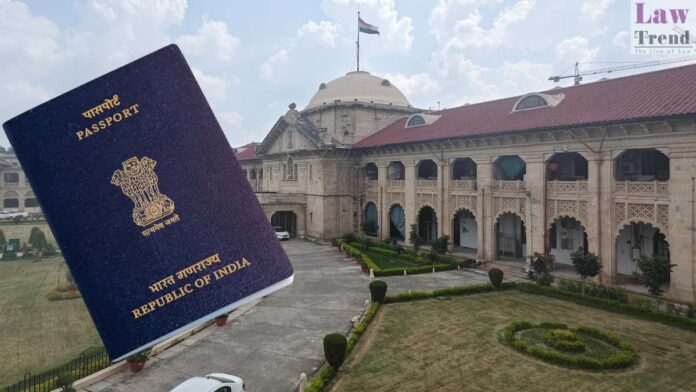In a significant ruling, the Allahabad High Court has emphasized that the renewal of a passport is an inherent fundamental right of Indian citizens, guaranteed under Article 21 of the Constitution of India. The judgment was delivered by Justice Nand Prabha Shukla in a case involving a Navy officer seeking re-issuance of his passport while
To Read More Please Subscribe to VIP Membership for Unlimited Access to All the Articles, Download Available Copies of Judgments/Order, Acess to Central/State Bare Acts, Advertisement Free Content, Access to More than 4000 Legal Drafts( Readymade Editable Formats of Suits, Petitions, Writs, Legal Notices, Divorce Petitions, 138 Notices, Bail Applications etc.) in Hindi and English.




